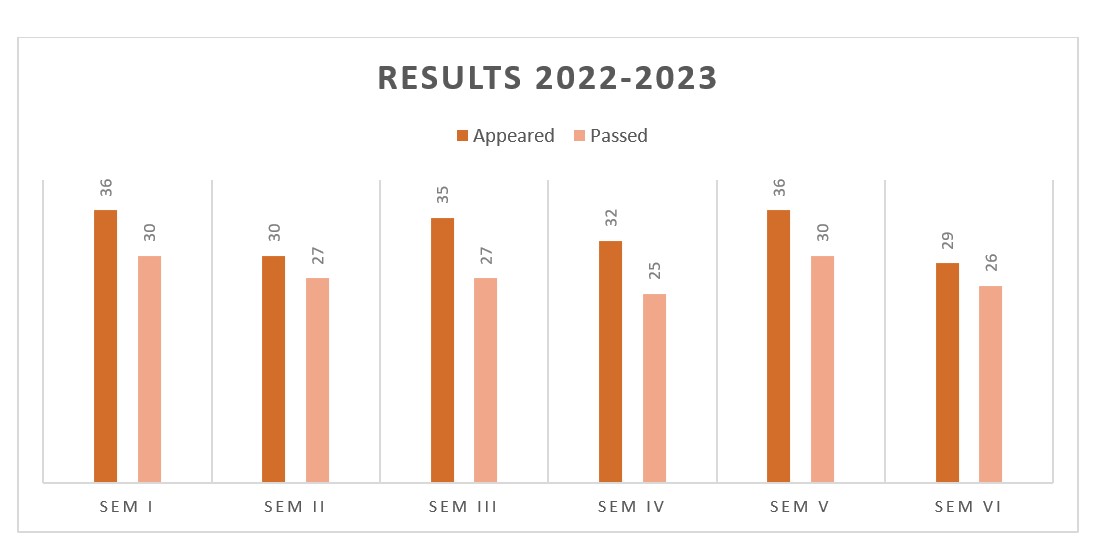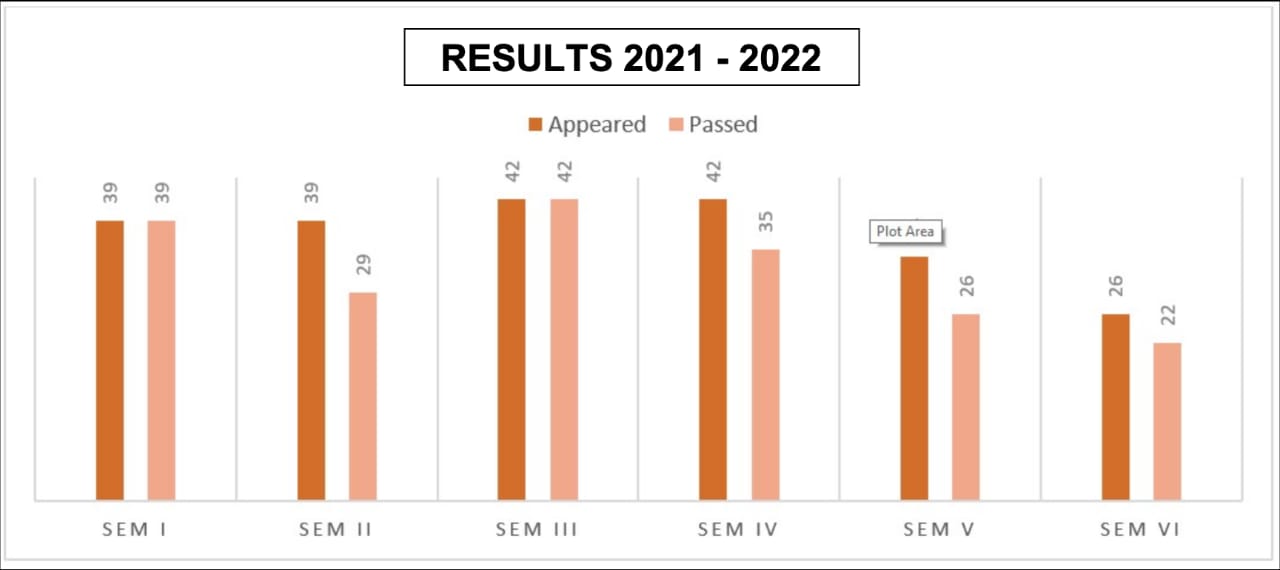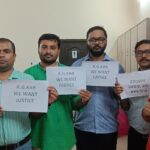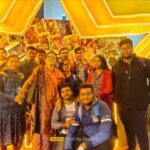- About the Department
- Faculty Profile
- Courses Offered
- PO and CO
- Teaching-learning
- Result and Student Progression
- Departmental Activities and Achievements
- Photo Gallery
“Only connect! That was the whole of her sermon. Only connect the prose and the passion, and both will be exalted, and human love will be seen at its height. Live in fragments no longer.”
― E.M. Forster, Howards End
The English Department at Sammilanmi Mahavidyalaya thrives on the notion that we are all travellers, driven by an insatiable curiosity to explore new worlds. Despite many challenges, our commitment to discovering new realms remains unwavering. These explorations often introduce us to unsettling territories, provoke novel thoughts, or offer fresh perspectives on age-old ideas. Literature serves as the perfect vehicle for these journeys, enabling us to traverse beyond the familiar through the written word. Whether it’s immersing ourselves in the works of unfamiliar authors or delving into complex ideas, literature encourages our minds to expand, evolve, and embark on imaginative travels beyond our comfort zones.
In our pursuit of literary inquiries, we navigate through diverse cultures, languages, and genres, encompassing novels, poetry, drama, film, and theory. Literatures in translation play a crucial role in dismantling the artificial barriers between texts, as all literature is, in essence, an act of translation. Many of our students are first-generation learners who are often overwhelmed by the vastness of world literature, suffer from low confidence due to poor communication skills, and experience a sociocultural gap between canonical texts and their lived experiences. Our mission is to ‘translate’ and act as bridges to shorten this gap, ensuring that these students find their footing in the expansive landscape of literature.
At Sammilanmi Mahavidyalaya, we believe in fostering an egalitarian academic environment. Our faculty ensures that there is no hierarchy between students and teachers. A text comes alive through continuous networks of interactions, not from a high desk. This approach encourages a more dynamic and inclusive engagement with literature, where every voice contributes to the richness of the discussion.
Consequently, our courses are not confined by historical periods, genres, or language; instead, they are shaped by the rich dialogues and questions that arise between texts. We strive to create a learning environment where students can feel at home both on the stage of Shakespeare’s Globe and in the bustling streets depicted by Satyajit Ray. We encourage them to recognize the echoes between Virginia Woolf and Ismat Chughtai, and to trace the ancient connections linking Ovid’s Metamorphoses, A Thousand and One Nights, and the Epic of Gilgamesh.
By juxtaposing seemingly disparate texts, we open up a fertile ground for dialogue, not only within literary studies but also across disciplines such as history, sociology, politics, psychology, economics, and the sciences. This dialogic engagement with differences fosters the development of critical thinking, making it both possible and powerful.
The Department of English at Sammilanmi Mahavidyalaya offers an intellectually stimulating and adventurous space for study, undergraduate research, and pedagogical exploration. Our goal is to cultivate global literacy while remaining mindful of our roots in India. The wide range of courses within our English programs prepares graduates for diverse careers in higher education, law, advertising, and any field that values agile minds capable of navigating across borders.
Brief History of the Department
The Department of English started its journey in 1997. In the last three decades, the department has grown from strength to strength. Presently, the department has 120 students enrolled in Honours/Major courses across three years cumulatively in both CBCS and CCF rules and regulations. The number of students enrolled for General/ Minor courses are around 250. The total faculty strength stands at six presently. In addition to Honours/Major and General/Minor courses, the department used to undertake classes for the Commerce and Science department separately whenever necessitated.
Vision Statement
The vision of the English Department at Sammilanmi Mahavidyalaya is to foster a vibrant academic community where literature transcends boundaries, ignites curiosity, and inspires critical thinking. We aim to create an inclusive space that nurtures intellectual growth, cultural understanding, and global literacy. By engaging with diverse texts and ideas, we envision our students becoming empathetic, informed, and innovative thinkers who can navigate and contribute meaningfully to an interconnected world. Our commitment to bridging cultural and socio-economic gaps ensures that all students, regardless of background, can access and excel in the expansive landscape of world literature.
Mission
Our mission is to empower students from rural and semi-urban areas by providing them with a supportive and enriching academic environment. We recognize the unique challenges these students face, including low confidence and limited communication skills. Through dedicated mentorship, accessible resources, and an inclusive curriculum, we aim to bridge the socio-cultural gap between canonical texts and their lived experiences. By fostering a sense of belonging and intellectual curiosity, we strive to equip our students with the skills and confidence needed to excel in their academic and professional endeavours, ensuring they can navigate and contribute to a globalized world.
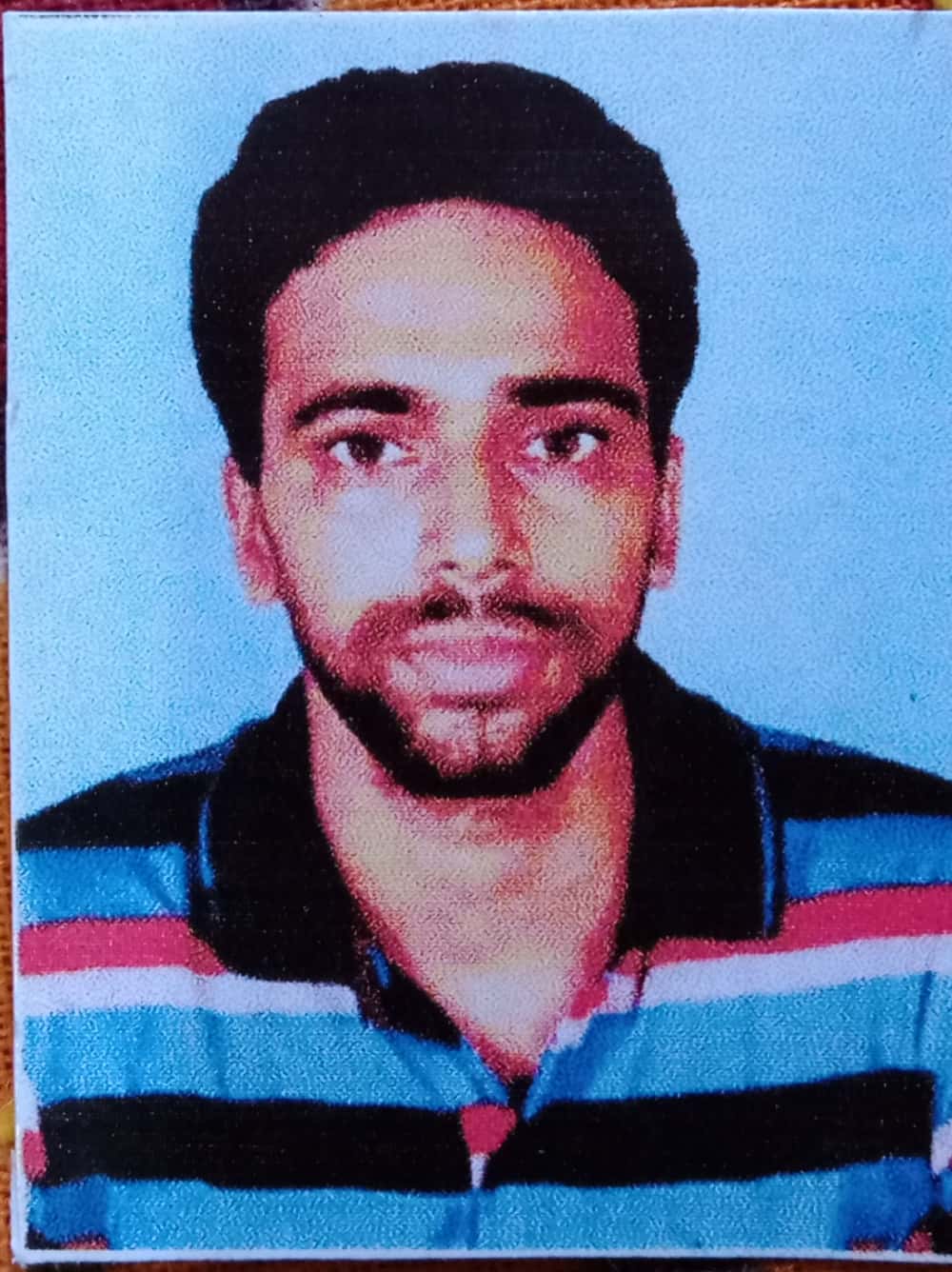
Sri Pavel Moni
Designation: Assistant Professor
Email: pavel.moni140@gmail.com
Phone Number: 8777522766Get Detail »
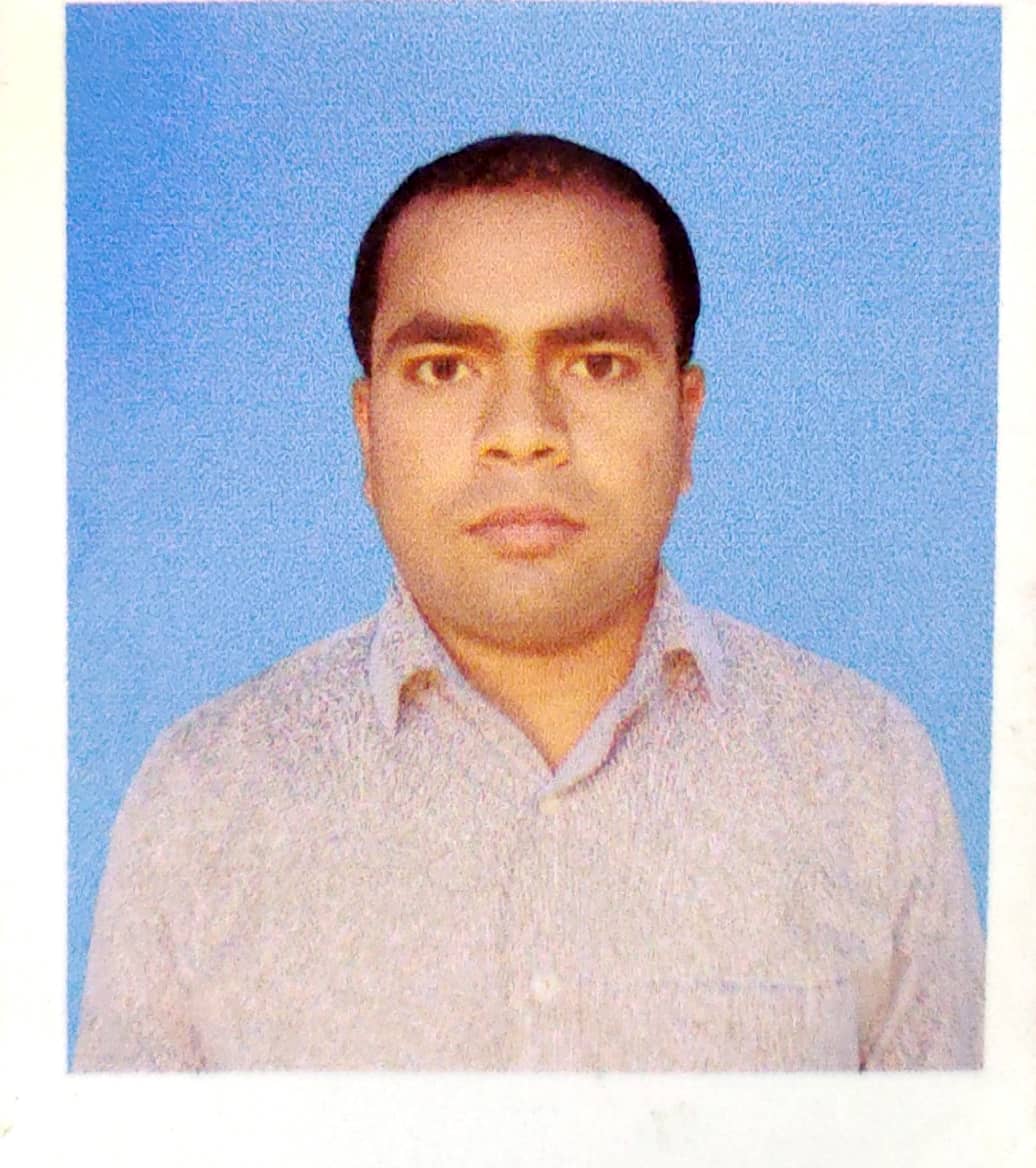
Dr. Ebrahim Sk (HOD)
Designation: Assistant Professor
Email: – ebrahimsk99@gmail.com
Phone Number: 9557632892Get Detail »
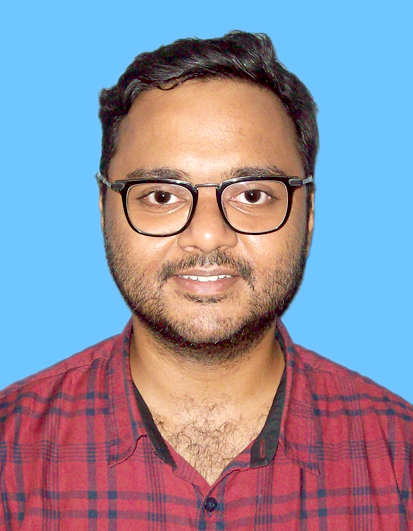
Sri Partha Pratim Roy Chowdhury
Designation: State Aided College Teacher
Email: rcparthapratim@gmail.com
Phone Number: 7980076721Get Detail »
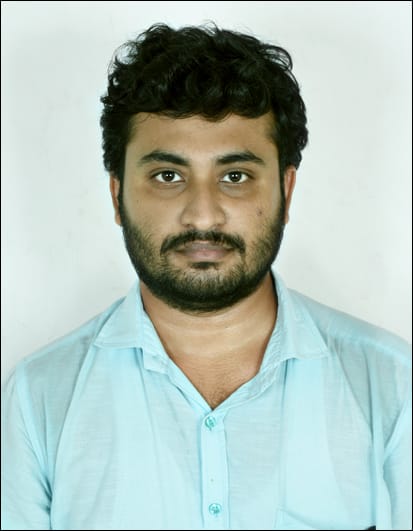
Sri Meghbaran Haiti
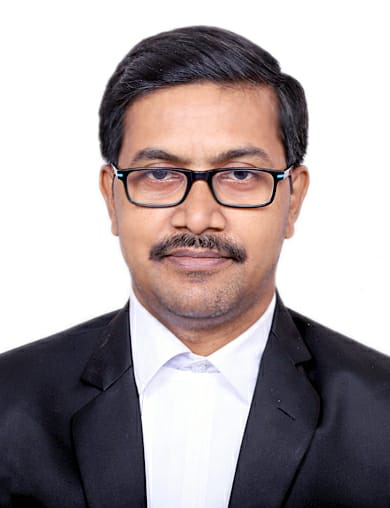
Sri Gouranga Debnath
Designation: State Aided College Teacher
Email:
Phone Number:Get Detail »
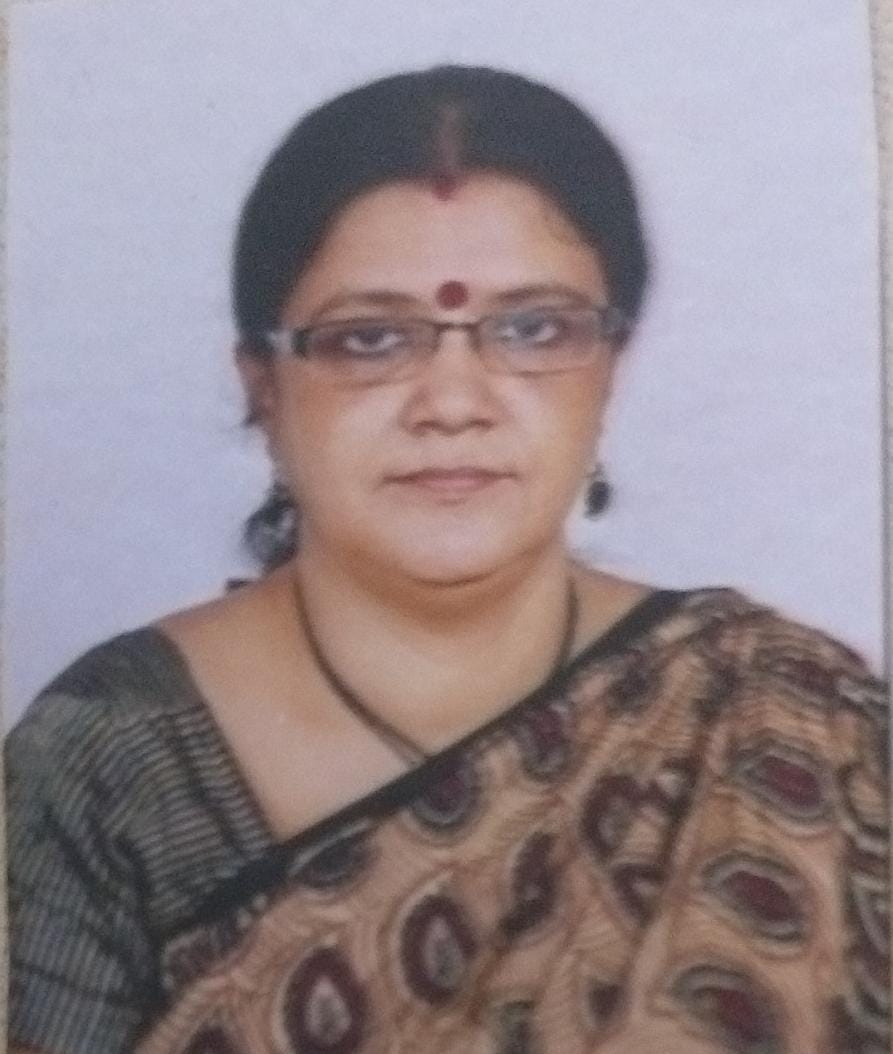
Smt. Mamata Sarkar
Designation: Superannuated
Email: mamatasarkar75@gmail.com
Phone Number: 9836116130
Get Detail »
As affiliated to University of Calcutta Department of English follows the syllabus prescribed by the parent University. Previously our department followed 1+1+1 system till 2018, from 2018 Choice Based Credit system was implemented and semester system started. The first batch of Semester system passes in the year 2021. From 2023 Curriculum and Credit framework came into effect which was implemented by the parent University in accordance with NEP, 2020 from 2023-24 session.
- English as a Major subject: 4 years B.A. program with research
- English as a Minor subject: 3 years B.A. program without research
- English as MDC: 3 years B.A. program without research
Program Outcome
The Department of English at Sammilani Mahavidyalaya strives to hone the interpretive, analytical, and expressive skills of its students in a rigorous, interdisciplinary environment. The BA (Hons.) programme in English is, above all, geared towards the development of learners’ critical thinking abilities, enabling them to simultaneously grapple with, and draw reflexive connections between, the text and the socio-political context. Through a sustained exploration of a gamut of literatures both written in and translated into English (papers range from Indian and Western classical traditions to contemporary writers and cover all major literary genres, including poetry, plays, novels, short-stories and essays), learners get an opportunity to engage with issues as varied as race, class, caste, gender, sexuality, the politics of language and so on. Pedagogically, the faculty, with their breadth of expertise and experience, aim to make the classroom a dialogic and interactive space where students from diverse backgrounds can express and assert their views and perceptions, ask probing questions, and participate in mutually respectful arguments and discussions. The following may be a few of many such outcomes that a student of English Honours at Sammilani Mahavidyalaya is expected to carry forward:
- Critical Thinking: Students will be able to critically involve themselves with literary texts by processing information and identifying patterns.
- Effective Communication: The capacity of expressing critical ideas in speech and writing would be one of the key outcomes of this program.
- Social Interaction: The students will interact effectively with peers and faculty and effectively develop themselves in holistic cognizance of their surroundings and appreciate aesthetics in everyday life.
- Ethics: The students will be able to discern the moral conundrums that are present in everyday life and be able to identify the right path based on the value system inculcated in them by the institution.
- Self-directed and Lifelong Learning: The course will inspire students to constantly upgrade their knowledge and skills.
Course Outcome of the Honours Course
| Sl. No. | Year | Course Code | Course Outcome |
| 1 | Part I | Paper I: History of Literature | A comprehensive and foundational idea on approximately two-thousand years of English literature; Major authors and their work; Socio-political history of Britain and its influence on art in general. |
| 2 | Paper I: Philology | The growth, influences and structuring of the English language over time. | |
| 3 | Paper II: Elizabethan Poetry | Interpretations of some foundational texts of British Literature and the sociocultural movements and changes of Europe during Renaissance and Reformation. | |
| 4 | Part II | Paper III: Elizabethan Drama | Introduction to English theatre and its most influential figures through close engagement with texts of theatre with emphasis on European theatre during the Elizabethan age. |
| 5 | Paper IV: Novel, Essays, and Short Stories | Introduction to ‘Narrative’ as an art form; the rise of Novel; the varieties of non-fiction etc. It will help students to interpret texts with attention to ambiguity, complexity, and aesthetic value. | |
| 6 | Part III | Paper V: Victorian and Modern Poetry; Rhetoric and Prosody | The advancements of poetry during the Victorian and Modern age; a close reading of the stalwarts of nineteenth and twentieth century English literature with close emphasis on the sociopolitical upheavals of the last two centuries. Acquirement of rudiments in rhetoric and prosody. |
| 7 |
Paper VI: Novels, Essay and Writing |
The rise of the novel through the Victorian and Modern age; the nuances of non-fictional writing of the twentieth century. Students will develop their individual writing skill through miscellaneous writing exercises: Film Reviews, Long-form essays; they will also learn foundations of reader-response theory and interpret unseen texts through their independent critical framework. | |
| 8 |
Paper VII: Drama and Literary Types |
Introduction to 20th century/Modern theatre with close interpretations of some foundational texts. A critical understanding of social and cultural contexts through the study of dramatists and their works and also learn to distinguish the features of specific literary genres. | |
| 9 |
Paper VIII: Indian Writing in English |
Awareness towards the problems of interpreting Indian Culture via the English Language and acquaintance with the work of significant Indian writers of Poetry, Prose Fiction and Drama. |
Course Outcomes of the Elective English Course
CO1: Poetry and Literary Terms Related to Poetry: Empowerment of the students to critically understand and analyse poetry across a wide range of literary age and context. Development of the critical idea of identifying genres of poetry and figures of speech and reference to specific context and relevance to everyday life.
CO2: Novels, Short Fictions and Essays: Enablement of the students to understand distinctive features of novels, shorter fiction and essays and relate the texts and contexts to real life. Development of a acumen for self-expression is also a vital part of this paper.
CO3: Drama: Empowerment of the students to critically understand and read plays across a wide range of literary age and context. Development of the critical idea of identifying genres of plays and literary terms and reference to specific context and relevance to everyday life.
CO4: Indian Writing in English: A holistic idea of the distinctive features of Indian Writing in English and their history through the texts and contexts of prose and poetry by Indian authors. Development of self-expression through various skills of creative writing.
Course Outcomes of the Compulsory English and Alternative English Courses
CO1: Considerable acquaintance of the students with literary texts and the importance of language across the disciplines.
CO2: Critical interpretation of meanings and references of literary texts.
CO3: Self-directed understanding of high language and capability of self-expression.
CO4: Enablement of writing skills that are relevant and can empower in real life experiences in interview and professional fields, in everyday life.
- Interactive Lectures
– Engagement: Lectures are designed to be interactive, encouraging student participation through questions, discussions, and debates.
– Multimedia Use: Incorporation of audiovisual aids such as films, documentaries, and presentations to enhance understanding and maintain student interest.
- Seminars and Workshops
– Guest Speakers: Regularly invite scholars, authors, and industry professionals to share insights and conduct specialized sessions.
- Discussion-Based Classes
– Small Groups: Conduct classes in small groups to facilitate in-depth discussions and personalized feedback.
– Peer Learning: Promote peer-to-peer learning through group discussions and collaborative projects.
- Use of Literature Adaptations
– Film Screenings: Screen adaptations of literary works, such as Polanski’s Macbeth and Troy, to illustrate different interpretations and creative representations.
– Comparative Analysis: Engage students in comparing texts with their adaptations to understand the nuances of storytelling across different media.
- Literature in Translation
– Diverse Texts: Include translated works to expose students to global perspectives and cultural diversity.
- Writing and Composition
– Creative Writing: Encourage creative writing assignments as per the Calcutta University syllabus to foster imagination and personal expression.
– Academic Writing: Emphasize the development of strong academic writing skills through structured assignments aligning with the Calcutta University syllabus.
- Continuous Assessment
– Formative Assessments: Use regular quizzes, short assignments, and class participation to gauge ongoing student understanding and progress.
– Summative Assessments: Conduct comprehensive exams and end-of-term projects to evaluate cumulative knowledge and skills according to the Calcutta University guidelines.
- Cultural Activities
– Wall Magazines: Encourage students to contribute to wall magazines, showcasing their creative and analytical writing.
– Literary Events: Organize poetry readings, drama performances, and book clubs to create a vibrant literary community.
- Non-Hierarchical and Interactive Functioning in the Classroom
– Egalitarian Engagement: Promote a non-hierarchical approach to understanding texts, encouraging an environment where students and teachers engage as equals in the exploration of literature.
- Digital Literacy
– Online Resources: Integrate digital resources, such as online journals, e-books, and educational platforms, into the curriculum.
By implementing these comprehensive and dynamic teaching methods, the English Department at Sammilanmi Mahavidyalaya aims to create a stimulating and supportive academic environment that nurtures critical thinking, creativity, and a lifelong love for literature.
Our teaching philosophy centres on creating an egalitarian and interactive learning environment. We believe in dismantling traditional hierarchies between students and teachers, promoting a dynamic exchange of ideas where every voice is valued. Texts are brought to life through continuous, collaborative interactions rather than from a high desk. This approach fosters critical thinking, creativity, and a deeper engagement with literature. Our faculty is committed to guiding students through diverse literary landscapes, encouraging them to draw connections across cultures and disciplines, and empowering them to become thoughtful, informed, and articulate individuals capable of critical and independent thinking.Get Detail »
